Union Heavy Industries Minister's Shock Statement On Tesla's India Entry
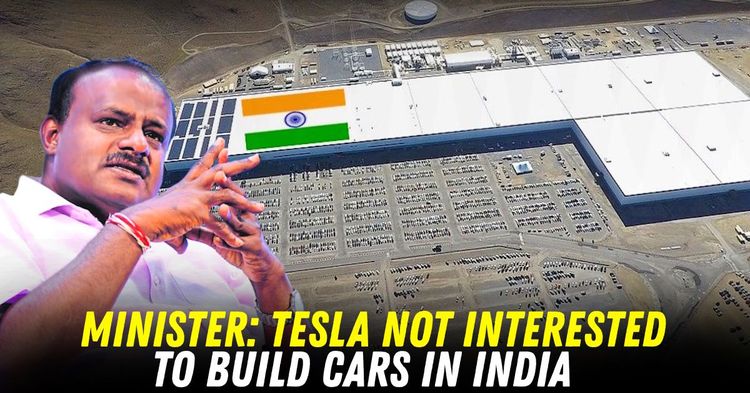

In a surprise turn of events, a senior government minister has said that Tesla is not currently interested in setting up a manufacturing facility in the country. This comes as a bolt from the blue, especially after months of growing speculation, policy changes, and behind-the-scenes discussions meant to lure the American EV giant into the Indian market. With Tesla now reportedly out of the picture, at least for the moment, questions are being raised about what went wrong, and what this means for the country’s larger electric mobility ambitions.
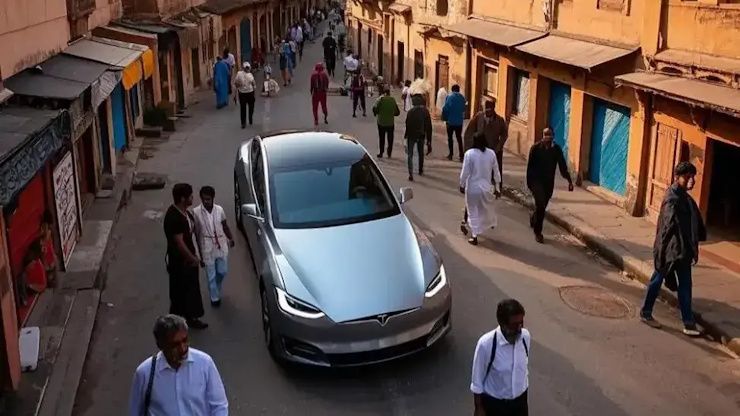
Speaking at a public event, the Minister of Heavy Industries, HD Kumaraswamy, confirmed that Tesla has not shown any concrete interest in setting up a production base here. Despite the government offering incentives under its recently announced EV policy, including significant reductions in import duties for companies committing to local manufacturing.
Tesla has not responded with any formal proposal. The minister added that other automakers have already expressed interest in the scheme, indirectly suggesting that Tesla may be missing the bus.
This is in stark contrast to earlier reports suggesting that Tesla had shortlisted potential factory sites and was in talks with state governments. Several industry observers had taken this as a sign that Tesla’s India entry was only a matter of time.
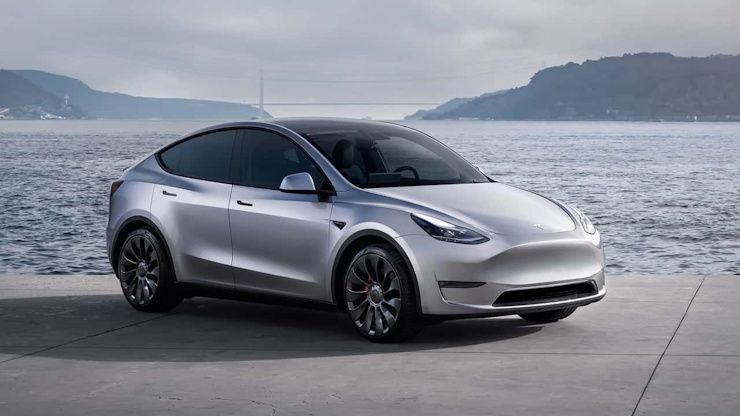
This is not the first time Tesla’s India plans have hit a wall. For nearly a decade, Elon Musk has teased the company’s potential entry into one of the world’s fastest-growing car markets. There have been tweets, meetings, and even mentions of showroom plans. But nothing ever materialised.
The recurring hurdle has always been India’s high import duties, which Tesla has repeatedly asked to be reduced. The government’s counter has been consistent: import duty concessions will only come with a firm commitment to manufacturing and value addition within the country. Tesla’s ask has been to test the market first with imported cars, but policymakers have held their ground, refusing to make exceptions.
Now, with the new EV policy aimed at global players, it seemed like a compromise was finally within reach. The recent statement, however, suggests otherwise.
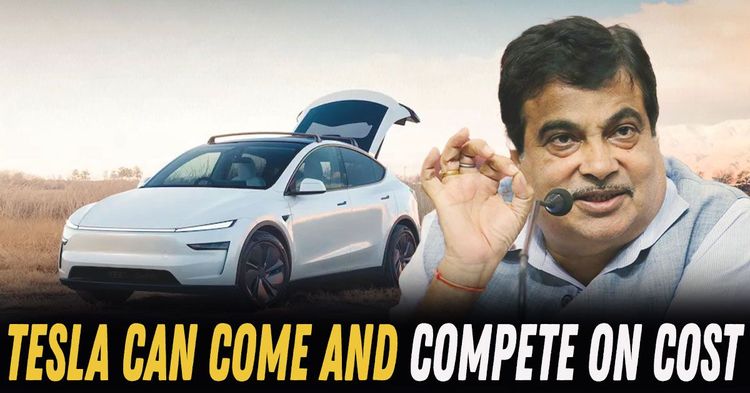
It is possible that Tesla’s hesitation has less to do with import duties and more with its current global priorities. The company is under pressure to cut costs, manage increasing competition from Chinese EV brands, and focus on profitability. Committing to a brand-new plant in a price-sensitive and policy-heavy market like India may not be Tesla’s top priority right now.
Moreover, Tesla’s brand image is built around aspirational, tech-forward vehicles. In a market where the average EV buyer is highly price-conscious and incentives are increasingly aimed at localisation, Tesla may be struggling to see a business case that justifies the investment.
On the other hand, some industry voices believe that this might be a tactic. By publicly saying that Tesla is not interested, the government could be trying to shift the narrative and push Tesla into making a more formal move. It also sends a signal to other global manufacturers that India is not going to bend rules for anyone, no matter how big the brand.
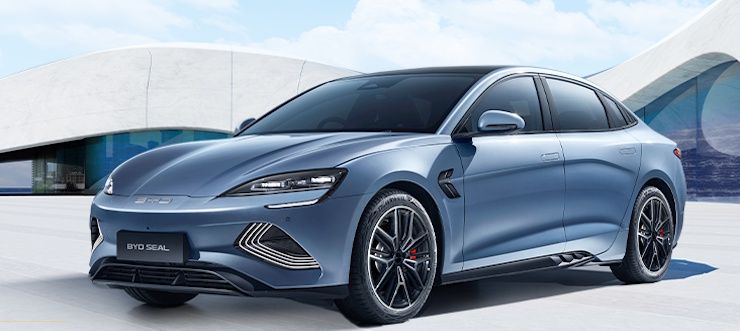
With MG, BYD, Hyundai, Kia, and even domestic players like Tata and Mahindra accelerating their EV programmes, the window for Tesla to make a first-mover impact is rapidly closing. A few years ago, Tesla would have faced very limited competition in the premium EV space. Today, models like the BMW i4, Kia EV6, and Volvo XC40 Recharge are already available, with more in the pipeline.
Still, the Indian EV market is expected to grow significantly in the coming years. If Tesla chooses to stay away, it may lose the opportunity to shape the premium segment on its own terms. And if it delays too long, entering the market later might mean playing catch-up rather than setting the benchmark.
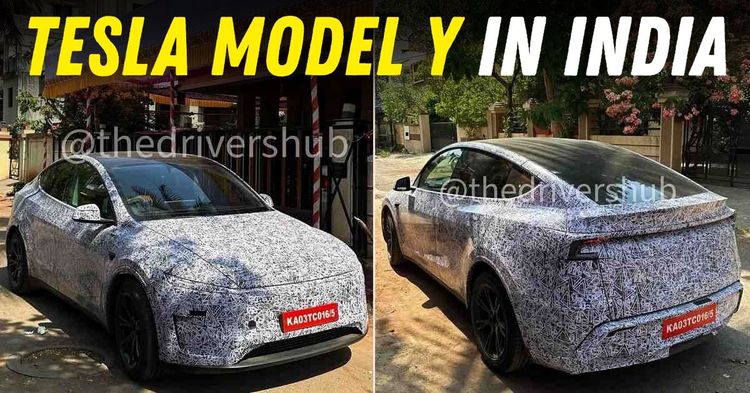
Unless Tesla responds directly, this public statement could be interpreted as the end of the road for now. But knowing how unpredictable the company can be, it would be premature to completely write off its chances. Tesla has often changed course rapidly in other markets, and the Indian EV story is still unfolding.
For now, though, the ball is clearly in Tesla’s court. The government has created a policy framework, extended the olive branch, and is moving ahead with other players. If Tesla continues to remain non-committal, it risks being left behind in a market that may be tough to ignore a few years down the line.